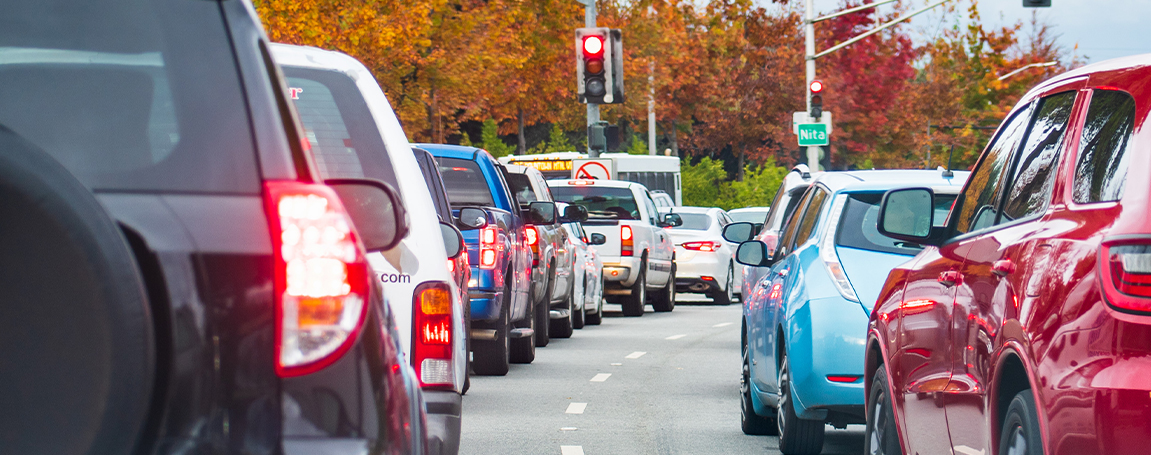Driving Habits for Better Fuel Economy
Driving Habits for Better Fuel Economy
Posted on March 5, 2023
Improving fuel economy not only helps save money but also benefits the environment by reducing carbon emissions. While vehicle technology and fuel efficiency have improved over the years, your driving habits still play a crucial role in determining how far you can go on a tank of gas. In this comprehensive guide, we will explore various driving habits that can help you achieve better fuel economy.
Accelerate Gently
Accelerating gently is one of the most effective ways to improve fuel economy. Avoid unnecessary quick starts and accelerate gradually, especially when starting from a standstill or merging onto a highway. Rapid acceleration wastes fuel and puts unnecessary strain on your engine.
Maintain a Steady Speed
Constantly fluctuating between high and low speeds can increase fuel consumption. Use cruise control when appropriate, as it helps maintain a consistent speed and reduces unnecessary acceleration or deceleration.
Anticipate Traffic
You can avoid unnecessary acceleration and abrupt braking by looking ahead and predicting stops or slowdowns. This smooth driving style saves fuel and reduces wear and tear on your vehicle's brakes and tires.
Coast to Decelerate
Coasting is a technique in which you release the accelerator pedal in advance, allowing your vehicle's momentum to slow down naturally. By doing so, you avoid unnecessary braking and utilize the energy already generated by your moving vehicle. Utilizing this technique can lead to significant fuel savings over time.
Avoid Idling Your Vehicle
Idling your vehicle consumes fuel without any productive output. Switching off the engine is more fuel-efficient if you anticipate being stationary for more than 30 seconds, such as at traffic lights. Restarting your vehicle uses less fuel than when you idle for a prolonged duration. Additionally, reducing idle time also helps reduce emissions.
Avoid High Speeds
The faster you drive, the more wind resistance your vehicle encounters, and the harder your engine has to work. Even a slight reduction in speed can noticeably impact your fuel consumption. Observe speed limits and drive at a moderate speed to maximize your fuel efficiency.
Measure Your Tire Pressure Every Month
Properly inflated tires reduce road friction and rolling resistance, leading to better fuel economy. Check your tire pressure at least once a month and inflate it to the recommended levels specified by the manufacturer. Underinflated tires lower fuel efficiency and decrease safety and tire longevity.
Combine Trips
Consolidating errands and combining trips can help reduce overall mileage, leading to better fuel economy. Planning your route and grouping multiple destinations can minimize the distance travelled and the fuel consumed.
Conclusion
Improving fuel economy is not only beneficial for your wallet but also for the environment. By adopting the driving habits outlined in this comprehensive guide, you can maximize your fuel efficiency and reduce your carbon footprint. By implementing these simple yet effective techniques, you can save money, reduce emissions, and contribute to a greener future.






